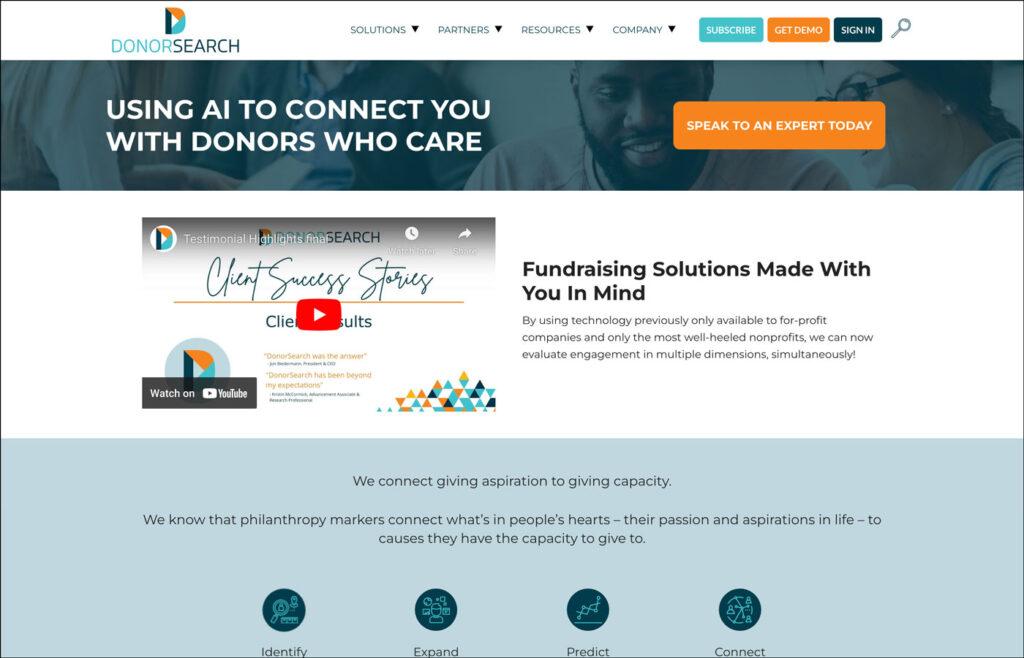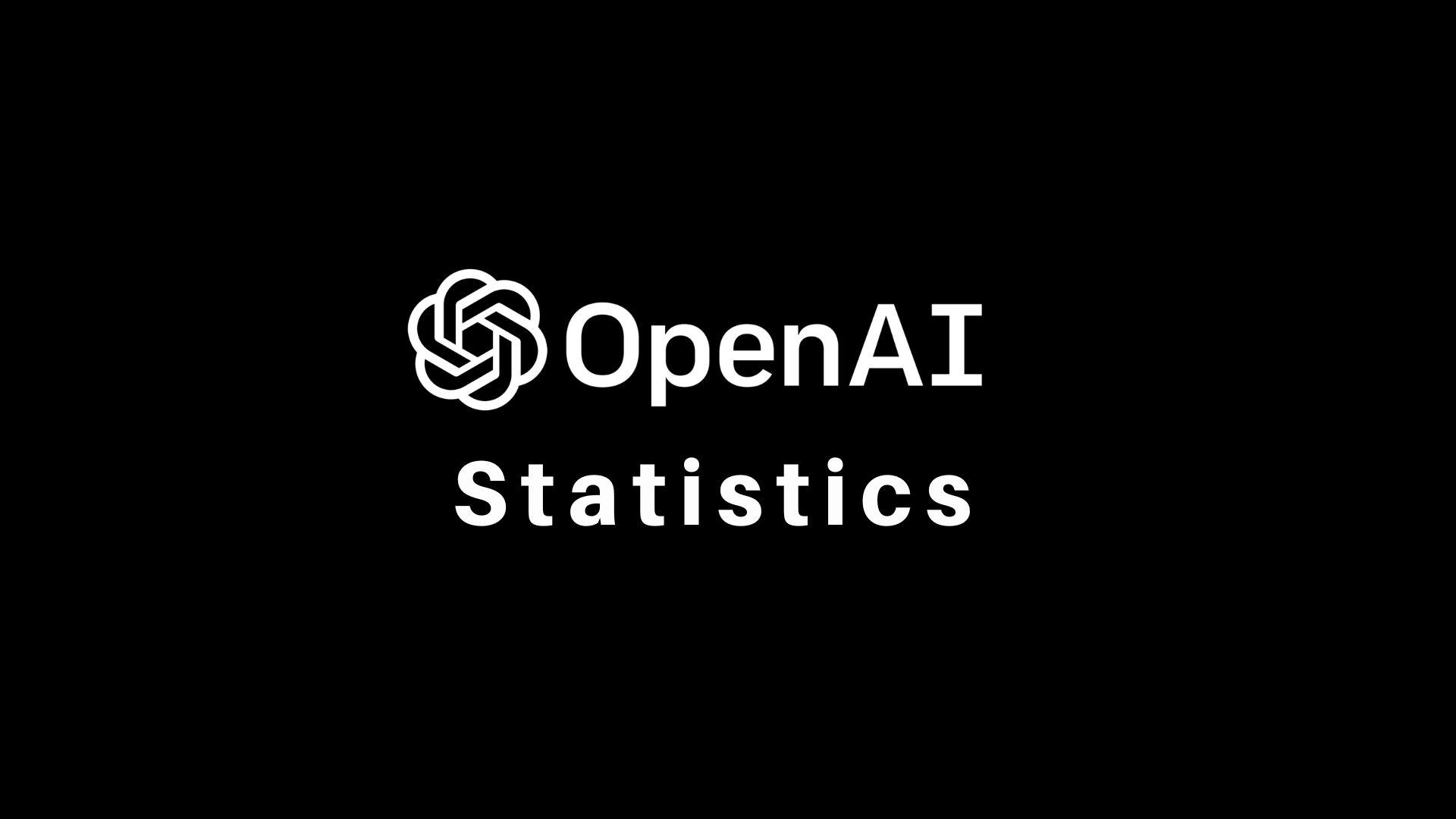In the ever-evolving landscape of artificial intelligence, few figures loom as large as Elon Musk. Renowned for his visionary pursuits and often controversial stances, Musk has consistently championed the idea that the development of AI should prioritize the greater good over corporate profit. As OpenAI — an organization he co-founded with high aspirations of advancing technology responsibly — considers a shift towards a for-profit model, Musk has stepped into the legal arena with a bold move. This article delves into the motivations behind Musk’s actions, the implications for OpenAI’s mission, and the broader conversation about ethics in AI development as the industry grapples with the balance between innovation and social responsibility.
Table of Contents
- Elon Musks Legal Challenge Against OpenAIs Profit Motive
- The Implications of a For-Profit Shift in AI Development
- Navigating Ethical Dilemmas: Recommendations for AI Governance
- The Future of OpenAI: Balancing Innovation and Responsibility
- Q&A
- Final Thoughts

Elon Musks Legal Challenge Against OpenAIs Profit Motive
In a bold move, Elon Musk has initiated legal proceedings against OpenAI, arguing that its shift towards a for-profit model poses a significant risk not only to the organization’s original mission but also to the broader landscape of artificial intelligence. Musk contends that the monetization of AI technology contradicts the foundational principles of safety and accessibility that OpenAI was built upon. He asserts that prioritizing profit undermines the potential benefits of AI, as it may lead to decisions that favor financial gain over ethical considerations. Key points in Musk’s argument include:
- Ethical Concerns: The focus on profit could steer OpenAI away from prioritizing safety and ethical AI development.
- Market Dominance: A for-profit model may enable monopolistic tendencies, stifling innovation from smaller entities.
- Public Trust: A shift in motives could erode public trust in AI technologies meant to serve humanity.
The implications of this legal challenge extend beyond the immediate dispute, potentially setting a precedent for how AI entities operate in the future. During various public statements, Musk emphasized the need for a regulatory framework that maintains a balance between innovation and ethical accountability, suggesting that AI advancements should primarily benefit society rather than investors. His legal action brings to light a crucial conversation regarding the sustainability of non-profit models in an increasingly lucrative tech landscape, prompting discussions such as:
| Aspect | For-Profit Model | Non-Profit Model |
|---|---|---|
| Funding Sources | Venture Capital, Investors | Donations, Grants |
| Mission Focus | Profit Maximization | Social Value Creation |
| Public Perception | Skepticism about intent | Greater trust in motives |

The Implications of a For-Profit Shift in AI Development
The transition of AI development towards a for-profit model raises a myriad of concerns that could fundamentally alter the landscape of artificial intelligence. While financial backing is crucial for innovation, reliance on profit margins may shift the focus from ethical considerations and widespread societal benefits to maximizing shareholder returns. The potential consequences include:
- Access Disparity: As AI technologies become profit-driven, there’s a risk that advancements might cater exclusively to well-funded entities, exacerbating inequalities in access.
- Quality vs. Quantity: A profit-oriented agenda may encourage rapid development cycles, prioritizing market share over the rigors of safe and thorough testing.
- Transparency Issues: Proprietary algorithms could become shielded behind corporate walls, undermining collaboration, innovation, and accountability.
Moreover, the shift could prompt regulatory bodies to rethink their approach to AI governance. To reconcile innovation with societal values, we may see demands for frameworks that promote responsible practices in the AI sector. Such developments could include:
| Regulatory Focus | Potential Outcomes |
|---|---|
| Ethics and Responsibility | Ensuring AI serves public good, not just corporate interests. |
| Transparency Standards | Mandating open-source practices for certain AI technologies. |
| Accessibility Mandates | Incentivizing firms to develop inclusive AI solutions. |

Navigating Ethical Dilemmas: Recommendations for AI Governance
As the landscape of artificial intelligence evolves, the pursuit of profit must be cautiously managed to ensure that ethical considerations remain at the forefront. Stakeholders in AI development should prioritize the establishment of transparent frameworks that guide decision-making processes. This includes:
- Stakeholder Engagement: Involving diverse groups in the discussion helps surface multiple perspectives.
- Ethical Review Boards: Forming independent committees to assess projects before their launch.
- Accountability Mechanisms: Implementing systems that hold creators responsible for the implications of their AI technologies.
Additionally, it is crucial to develop robust guidelines that ensure ethical AI usage and prevent possible exploitation for profit. These guidelines could be encapsulated in the following principles:
| Principle | Description |
|---|---|
| Fairness | Ensuring algorithms are free from bias and discrimination. |
| Transparency | Providing clear information regarding AI processes and decisions. |
| Privacy | Safeguarding user data against misuse. |

The Future of OpenAI: Balancing Innovation and Responsibility
As the landscape of artificial intelligence continues to evolve, the conversation surrounding the ethical ramifications of its commercialization becomes increasingly vital. Elon Musk’s legal actions against OpenAI symbolize a growing concern among tech industry leaders about the direction the organization is taking. The shift from a non-profit model to a profit-driven entity raises questions about transparency, accountability, and the potential for monopolistic practices. Stakeholders worry that commercialization may compromise the mission of developing safe AI for the benefit of humanity, leading to disparities in access and power. It is essential to consider how innovation can flourish while maintaining a commitment to ethical standards that prioritize the broader implications of AI on society.
Moving forward, it is crucial for OpenAI to examine and revise its operational frameworks to uphold both innovation and responsibility. By fostering a culture of accountability, the organization can ensure that its advancements serve the public interest. Key strategies might include:
- Establishing an independent ethics review board
- Implementing transparent reporting practices
- Encouraging community engagement to gather diverse perspectives
These steps can help balance the needs of innovation with the imperative of ethical responsibility, ensuring that the future of AI remains aligned with the aspirations of global society.
Q&A
Q&A: Elon Musk Takes Legal Action to Stop OpenAI from Becoming a For-Profit
Q: What prompted Elon Musk to take legal action against OpenAI?
A: Elon Musk’s decision to pursue legal action against OpenAI stems from his concerns regarding the organization’s shift towards a for-profit model. Musk believes that OpenAI was originally founded with a commitment to ensuring that artificial intelligence benefits all of humanity, and he worries that commercialization could divert it from its ethical mission.
Q: What are the key concerns Musk has about OpenAI becoming a for-profit entity?
A: Musk’s main concerns revolve around the potential for prioritizing profit over ethical considerations. He fears that a for-profit structure might lead to dangerous advancements in AI that could be misused, ultimately endangering society, as the drive for revenue could overshadow safety and ethical guidelines.
Q: How does Musk’s background and contributions influence his perspective on AI?
A: As a co-founder of OpenAI and a vocal advocate for safe AI development, Musk has significant influence and insight into the field. His experience with companies like Tesla and SpaceX, which grapple with advanced technologies, has shaped his views on the vital importance of regulating AI development to prevent potential risks.
Q: What ramifications could Musk’s legal action have on OpenAI?
A: If Musk’s legal action results in a court ruling in his favor, it could impose restrictions on OpenAI’s ability to operate as a for-profit company, effectively reverting it back to a non-profit status. This could have significant implications for its funding, research direction, and ability to attract top talent in the field.
Q: How has the tech community reacted to Musk’s legal action?
A: Responses from the tech community are mixed. Some support Musk’s efforts, viewing them as necessary to uphold ethical standards in AI development, while others argue that for-profit structures can still align with ethical goals if managed responsibly. The ongoing debate highlights a broader discussion about the balance between innovation, ethics, and profitability.
Q: What are the potential next steps for this legal situation?
A: The next steps involve legal proceedings, during which both sides will present their arguments. The outcome will not only affect OpenAI but may also set a precedent for how other tech companies approach the commercialization of artificial intelligence in the future.
Q: How might this legal battle influence public perception of AI and its developers?
A: This case could lead to increased scrutiny of AI organizations and their motivations. Public sentiment may shift toward a demand for greater transparency and accountability in AI development, as stakeholders grapple with the implications of corporate interests versus the common good.
Q: What’s at stake in this legal conflict beyond just OpenAI?
A: The outcome could redefine the landscape of artificial intelligence development globally. It raises critical questions about innovation, ethics, accountability, and the responsibilities of tech companies—issues that are vital as AI technologies increasingly permeate everyday life.
Final Thoughts
As the world watches this intriguing legal standoff unfold between Elon Musk and OpenAI, the implications of such a battle extend far beyond the immediate complexities of corporate structure and profit motives. At the intersection of innovation and ethics, the stakes are high for all involved, including the very future of artificial intelligence itself. Musk’s efforts to intervene in OpenAI’s transformation into a for-profit entity raise essential questions about accountability, transparency, and the responsibilities that come with advanced technology.
Ultimately, whether this legal action has a lasting impact on OpenAI’s trajectory or simply serves as a catalyst for broader discussions about the direction of AI technology remains to be seen. One thing is certain: as the landscape of artificial intelligence continues to evolve, the dialog surrounding its stewardship will only grow in urgency. For now, eyes remain fixed on the courtroom, where the future of innovation is in contention, and the outcome may shape the very fabric of the tech world for years to come.

ChurchSource Discount Code Refer a friend and get a $20 ChurchSource coupon!
can i buy ivermectin online – ivermectin cost order generic tegretol 200mg
accutane 20mg pills – buy dexamethasone 0,5 mg generic cost linezolid 600 mg
order generic amoxicillin – purchase ipratropium pill ipratropium 100 mcg sale
buy zithromax pills for sale – order azithromycin 500mg online cheap nebivolol 5mg pill
order prednisolone generic – azithromycin 250mg oral progesterone uk
neurontin 100mg over the counter – buy sporanox medication purchase itraconazole pills
order lasix 40mg for sale – order betamethasone 20 gm generic3 buy betnovate 20gm for sale
vibra-tabs brand – buy glipizide tablets glipizide 10mg canada
oral augmentin – order cymbalta 40mg sale duloxetine over the counter
buy augmentin 625mg – ketoconazole 200mg usa duloxetine 20mg over the counter
rybelsus 14mg over the counter – vardenafil 10mg tablet periactin 4 mg cost
tizanidine cost – tizanidine 2mg tablet buy generic microzide online
buy cialis 10mg generic – cheap sildenafil for sale viagra 25mg
usa pharmacy viagra – cialis sales buy tadalafil 20mg generic
cenforce 50mg oral – buy glycomet 1000mg pill metformin 500mg sale
buy cheap generic atorvastatin – amlodipine medication purchase prinivil online
order omeprazole sale – buy prilosec 10mg sale tenormin 100mg drug
depo-medrol generic name – buy depo-medrol tablets cheap aristocort
buy clarinex 5mg online cheap – desloratadine us priligy 30mg price
buy misoprostol 200mcg online cheap – buy diltiazem 180mg pill buy diltiazem medication
buy acyclovir 400mg online – zovirax 400mg usa rosuvastatin 10mg us
domperidone online order – buy sumycin 250mg online cyclobenzaprine uk
order motilium 10mg – buy cheap flexeril buy flexeril generic
inderal 10mg over the counter – buy inderal generic order methotrexate 5mg without prescription
warfarin pills – warfarin 5mg ca order cozaar 50mg sale
buy esomeprazole paypal – buy generic topamax order imitrex generic
order levaquin generic – avodart generic order zantac 150mg online
order meloxicam 7.5mg online – order mobic 15mg without prescription order tamsulosin pills
zofran cost – buy generic zocor 10mg generic zocor 20mg
order valacyclovir pill – finasteride over the counter buy generic diflucan over the counter
I took away a great deal from this.
modafinil 100mg oral buy modafinil 100mg generic provigil 200mg canada buy modafinil 200mg sale order modafinil 100mg cheap provigil order provigil 100mg sale
The thoroughness in this piece is noteworthy.
I am actually enchant‚e ‘ to glance at this blog posts which consists of tons of of use facts, thanks for providing such data.
brand rybelsus 14mg – periactin pill buy periactin 4mg generic
domperidone pill – buy cyclobenzaprine 15mg pills buy cyclobenzaprine 15mg online
inderal 10mg drug – purchase methotrexate sale purchase methotrexate online cheap
amoxicillin ca – order diovan generic combivent 100 mcg canada
buy zithromax generic – buy generic tindamax online bystolic for sale online
buy clavulanate pills – at bio info ampicillin over the counter
purchase nexium online – https://anexamate.com/ purchase esomeprazole for sale
medex us – https://coumamide.com/ purchase cozaar pills
buy mobic 15mg pills – https://moboxsin.com/ buy mobic online cheap
order prednisone 10mg – aprep lson buy prednisone 5mg for sale
best ed drug – fastedtotake natural ed pills
buy generic amoxil – https://combamoxi.com/ amoxicillin uk
fluconazole online buy – site purchase fluconazole generic
order lexapro generic – oral lexapro 20mg buy lexapro 10mg online cheap
cenforce 50mg without prescription – https://cenforcers.com/# buy cenforce tablets
canada cialis for sale – https://ciltadgn.com/ when does cialis go off patent
when does cialis patent expire – https://strongtadafl.com/# cialis online without perscription
purchase ranitidine – https://aranitidine.com/# buy zantac 300mg generic
buy viagra generic canada – https://strongvpls.com/# cheap viagra cialis levitra
Greetings! Utter productive advice within this article! It’s the little changes which liking espy the largest changes. Thanks a lot for sharing! https://gnolvade.com/
More posts like this would make the blogosphere more useful. https://buyfastonl.com/azithromycin.html
This is the kind of serenity I get high on reading. https://ursxdol.com/clomid-for-sale-50-mg/
I am actually enchant‚e ‘ to gleam at this blog posts which consists of tons of of use facts, thanks object of providing such data. this
Thanks recompense sharing. It’s first quality. https://aranitidine.com/fr/levitra_francaise/
Thanks towards putting this up. It’s understandably done. https://ondactone.com/spironolactone/
With thanks. Loads of knowledge!
https://proisotrepl.com/product/cyclobenzaprine/
Greetings! Utter gainful recommendation within this article! It’s the petty changes which wish espy the largest changes. Thanks a lot towards sharing! https://95.cholteth.com/index/d1?diff=0&utm_clickid=g00w000go8sgcg0k&aurl=https://www.storeboard.com/xpregain
I am in truth happy to glance at this blog posts which consists of tons of worthwhile facts, thanks object of providing such data. http://zgyhsj.com/space-uid-977930.html
buy forxiga pills – https://janozin.com/ dapagliflozin 10 mg pills
purchase orlistat generic – https://asacostat.com/ buy xenical 120mg generic
You can keep yourself and your family nearby being cautious when buying prescription online. Some druggist’s websites manipulate legally and offer convenience, privacy, sell for savings and safeguards for purchasing medicines. buy in TerbinaPharmacy https://terbinafines.com/product/valtrex.html valtrex
More posts like this would force the blogosphere more useful. TerbinaPharmacy
Greetings! Very gainful par‘nesis within this article! It’s the crumb changes which will turn the largest changes. Thanks a lot quest of sharing!
https://t.me/s/iGaming_live/4864
https://t.me/s/iGaming_live/4864
https://t.me/s/officials_pokerdom/4130
https://t.me/officials_pokerdom/3969
https://t.me/s/officials_pokerdom/3243
https://t.me/s/officials_pokerdom/3906
https://t.me/s/iGaming_live/4868
https://t.me/s/iGaming_live/4868
https://t.me/s/beEfCaSiNo_OfFiCiALS
https://t.me/iGaming_live/4872
https://t.me/s/dragon_money_mani/27
https://t.me/s/atom_official_casino
В джунглях игр, где каждый сайт норовит привлечь гарантиями легких джекпотов, рейтинг казино на рубли
превращается именно той ориентиром, которая направляет сквозь ловушки обмана. Игрокам ветеранов да начинающих, что надоел от ложных заверений, он помощник, чтобы увидеть настоящую выплату, будто вес выигрышной ставки у пальцах. Обходя лишней воды, просто надёжные клубы, в которых отдача не только цифра, а ощутимая удача.Подобрано на основе яндексовых трендов, будто сеть, что захватывает топовые свежие тренды на рунете. Тут нет роли к стандартных трюков, каждый элемент словно ставка на покере, где блеф раскрывается сразу. Хайроллеры понимают: в рунете тон речи на иронией, там ирония притворяется как намёк, даёт обойти обмана.В http://www.don8play.ru/ данный топ находится как открытая карта, готовый для раздаче. Зайди, когда нужно увидеть ритм настоящей ставки, обходя иллюзий плюс провалов. Для кто любит вес удачи, он будто взять ставку у руках, минуя глядеть в дисплей.
В мире азарта, где любой сайт стремится привлечь заверениями простых выигрышей, рейтинг лучших казино онлайн
превращается той самой ориентиром, что направляет мимо ловушки рисков. Тем ветеранов и начинающих, кто надоел от ложных заверений, такой помощник, чтоб ощутить реальную rtp, словно ощущение золотой ставки в пальцах. Минус пустой воды, лишь надёжные площадки, там отдача не лишь показатель, а конкретная фортуна.Собрано по поисковых поисков, словно паутина, что вылавливает топовые свежие тенденции в рунете. Тут нет роли к стандартных приёмов, каждый пункт как ход на столе, где блеф выявляется мгновенно. Хайроллеры видят: в стране стиль речи и подтекстом, в котором юмор скрывается словно намёк, помогает избежать ловушек.В https://www.don8play.ru/ такой топ ждёт будто открытая колода, подготовленный на раздаче. Посмотри, если нужно почувствовать ритм реальной азарта, обходя мифов да провалов. Тем тех ценит вес выигрыша, он как держать карты в руках, минуя пялиться по монитор.